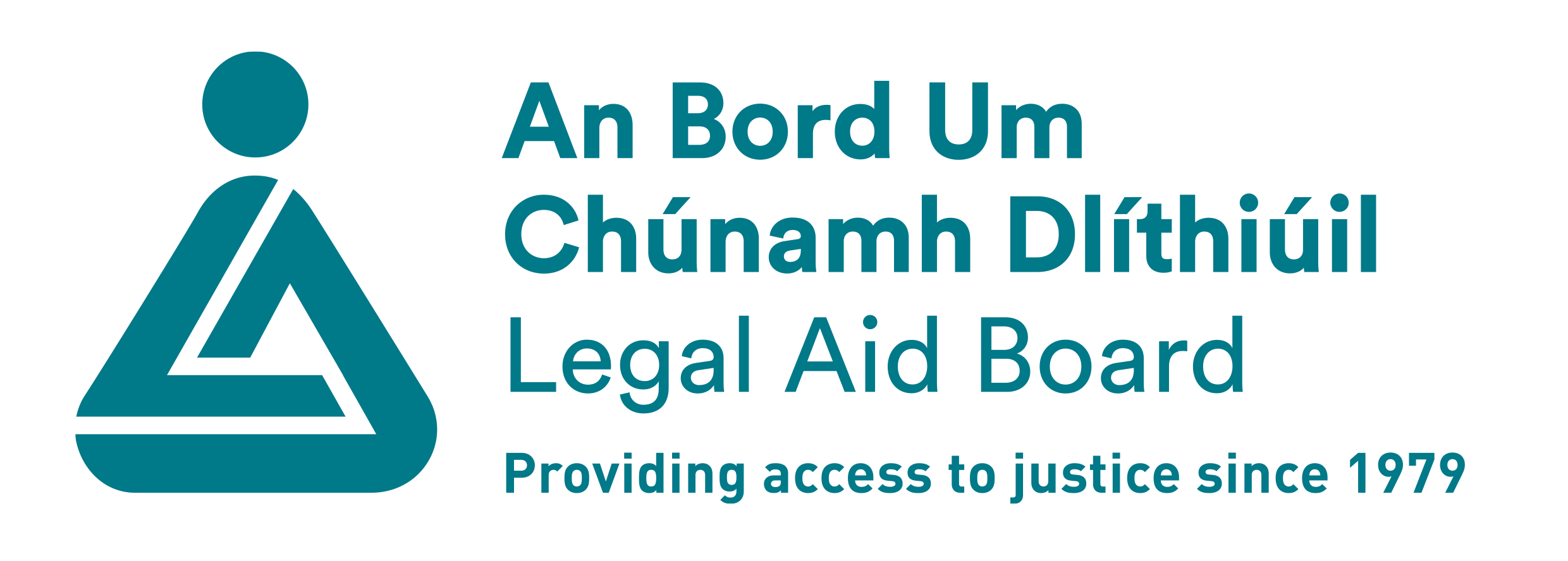22. If a solicitor/firm considers that further steps that will incur expenditure are required to process the client’s claim, over and above those authorised on the certificate, for example, that a professional report should be obtained or that professional or other witnesses are required, application must be made in writing to the Board seeking an amendment to the certificate to incur such expenditure. Such application should provide sufficient information, particularly in relation to how the additional expenditure is likely to benefit the client’s case, to allow a decision to be made and to enable the terms of the Act to be complied with by the Board when considering the application.
23. If it is decided to approve an application, an amending certificate will be issued by the Board. A solicitor may not seek reports, engage witnesses or otherwise incur costs or expenses save as authorised on foot of a Certificate or an amending certificate. The Board will be responsible only for costs or expenses incurred where these have been approved in writing in advance.
24. Decisions by the Board to refuse applications for professional or expert witnesses shall be subject to the relevant review and appeal procedures contained and the Civil Legal Aid Regulations 1996 (Regulation 12).
Applications for amendments to legal aid certificates should be made to the Private Practitioner Centre. The Board’s scale of witness / expert fees is set out hereunder. There are a number of items of outlay that will in the normal course be the responsibility of the applicant.
